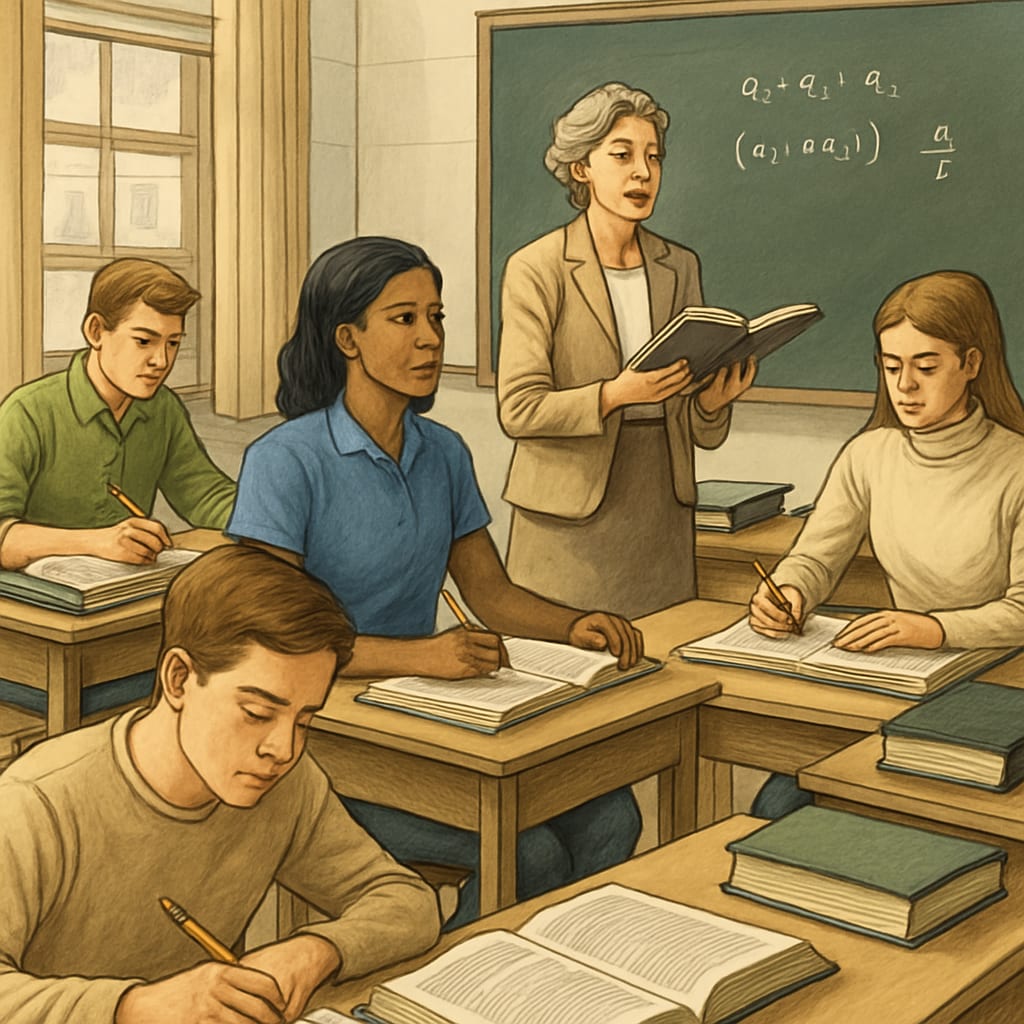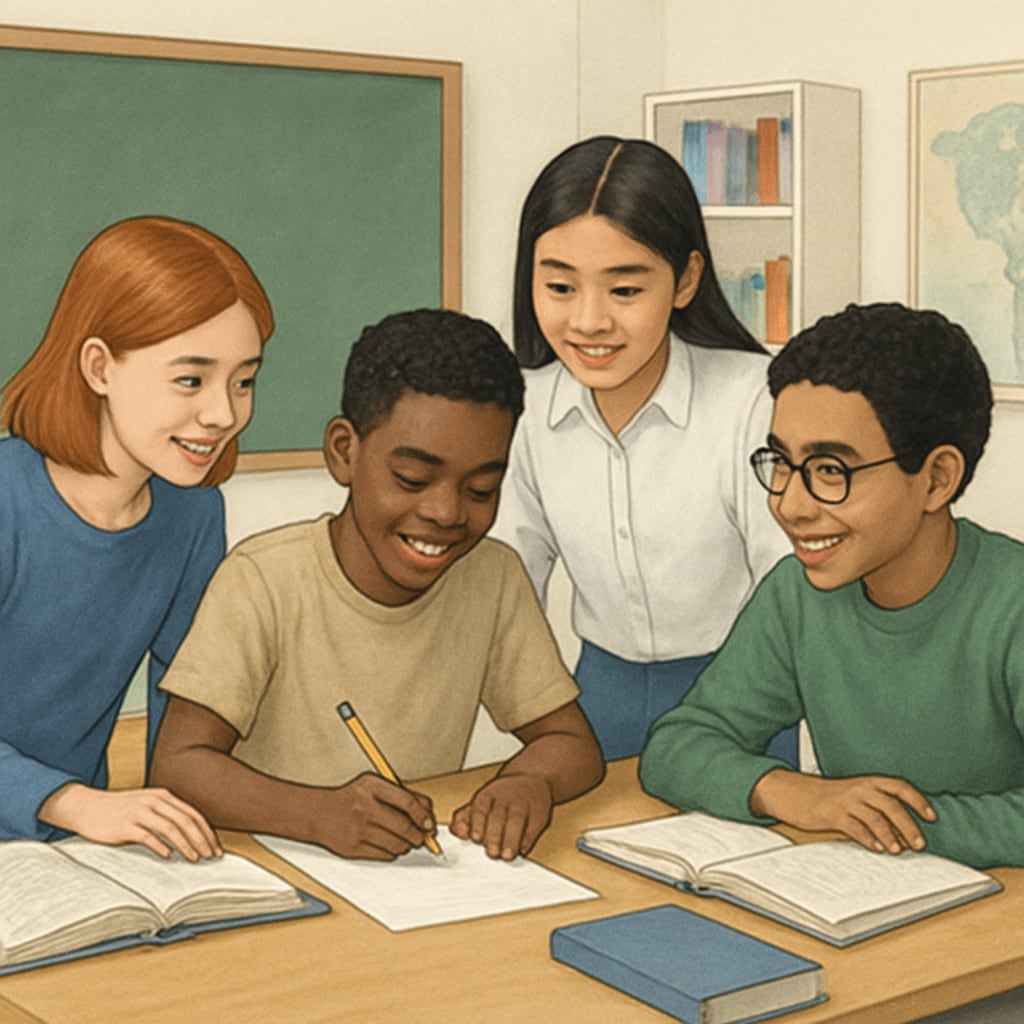The American education system has undergone a notable transformation in recent decades, emphasizing equity over traditional methods of elite development and competition. This shift, characterized by reduced reliance on academic evaluations, changes in resource allocation, and the phasing out of gifted education programs, has sparked widespread debate about its impact on student performance and long-term educational outcomes.
The Decline of Elite Development in American Education
Historically, the American education system has prioritized elite development through rigorous academic assessments and specialized programs for gifted students. These systems aimed to identify and nurture exceptional talent, preparing students for leadership roles and innovation-driven careers. However, recent policy changes have placed greater emphasis on equality, often at the expense of cultivating high achievers.
For example, many school districts have reduced or entirely eliminated gifted education programs, citing concerns about inequity and the disproportionate representation of certain demographic groups. Critics argue that this approach undermines the development of students who excel academically, leaving them unchallenged and unprepared for advanced opportunities. According to a Britannica entry on education, gifted programs historically played a crucial role in fostering intellectual growth, yet their absence creates a gap in specialized learning.

Overemphasis on Equality: Balancing Fairness and Excellence
One of the central themes in the modern American education system is the pursuit of equality. While fairness and inclusion are essential, critics point out that overemphasizing these ideals can inadvertently diminish academic standards. For instance, some schools have adopted policies like eliminating standardized tests or grading systems that rank students by performance, aiming to create a more equitable learning environment.
However, without structured evaluations, it becomes increasingly difficult to measure student progress or identify areas for improvement. This lack of accountability has led to concerns about declining academic rigor and preparedness among high school graduates. Research outlined in Wikipedia’s article on U.S. education highlights how reduced competition may negatively impact students’ motivation and achievement.

Lessons from Global Education Models
In contrast to the American system, countries like China have maintained a strong emphasis on elite development and academic competition. The Chinese education system, known for its rigorous exam-based approach, prioritizes high performance and rewards top achievers with access to prestigious universities and career opportunities. This model has produced globally renowned scientists, engineers, and professionals.
While the Chinese system has faced criticism for being overly competitive, its focus on academic excellence and structured evaluations offers valuable insights. By balancing equity with mechanisms for identifying and nurturing talent, the U.S. could create a more holistic approach that benefits both high achievers and students requiring additional support. For example:
- Reintroducing gifted education programs with broader access criteria.
- Implementing adaptive testing methods to assess diverse learning needs.
- Allocating resources to both high-performing students and underserved populations.
The Path Forward: Balancing Equity and Excellence
To address the challenges posed by the current emphasis on equality, policymakers must consider strategies that balance fairness with academic rigor. This includes using targeted resource allocation to support gifted students and those from disadvantaged backgrounds. Additionally, the revival of competitive programs and standardized evaluations can help restore accountability and motivate students to strive for excellence.
As the American education system continues to evolve, achieving this balance will be critical for maintaining global competitiveness and ensuring that all students receive the education they deserve. By learning from both domestic and international models, the U.S. can create an inclusive yet academically robust system that fosters talent across diverse demographics.
Readability guidance: Short paragraphs and lists summarize key points effectively. Overuse of passive voice is avoided, and transitions such as “however,” “in addition,” and “as a result” are used to enhance flow.


